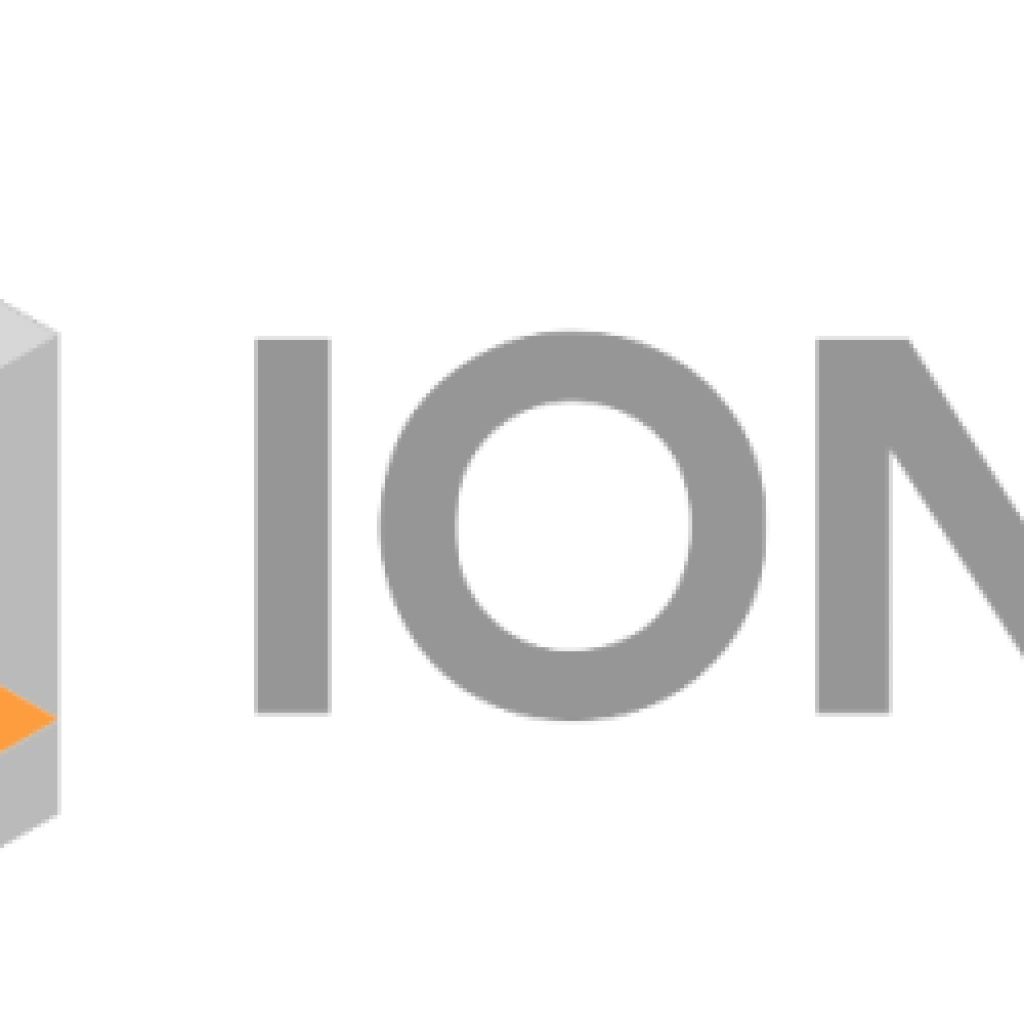(ZDNet) ZDNet interviews IonQ CEO Peter Chapman here Chapman discusses quantum computing applications, how the cloud will accelerate adoption, software developers and riding innovation curves.
Chapman joined IonQ in the summer of 2018 because he is betting that quantum computing can achieve Artificial General Intelligence (AGI).
Here are a few highlights from the conversation with Chapman on the future of quantum computing.
Quantum computing adoption will happen faster than expected due to cloud computing. Chapman said the ability to put quantum systems on cloud instances will spur developers. Chapman said: “Cloud really did two things for us. One is it made it if you have $10 on a credit card, you can sign up for either an AWS account or an Azure account, and you can actually get onto one of IonQ’s computers and you can start running quantum programs. This enables a wide developer audience.
Cloud has changed the quantum computing narrative. Chapman said:
When I first joined IonQ which is less than two years ago, people were saying quantum computers would never work. Here we are 18 months later and they’re now available out on the cloud and anyone can use them. I think bringing them to the cloud has really changed the narrative for a lot of doubters, and now we’re getting to a point where people are starting to realize it’s actually here. It actually works.
IonQ recently proposed algorithm qubits as a replacement for the quantum volume benchmark created by IBM. The argument is that quantum volume is going to get so large that it will become useless as a metric.
Applications are coming. Chapman said he has been surprised to see useful applications running on IonQ systems. He said:
It’s actually surprised me in this past year to see actual useful applications running on even our 11 Qubit machine. People are doing really interesting work where they’re starting to challenge classical computers for handwriting generation, on classification, and of early machine learning models on early chemistry simulations. But those are all still early examples of it.
ZDNet Interviews IonQ CEO Peter Chapman Who Says ‘Cloud Has Changed the Quantum Computing Narrative’

IonQ, a leading quantum computing company, discusses its finances with IQT News (PC IonQ)